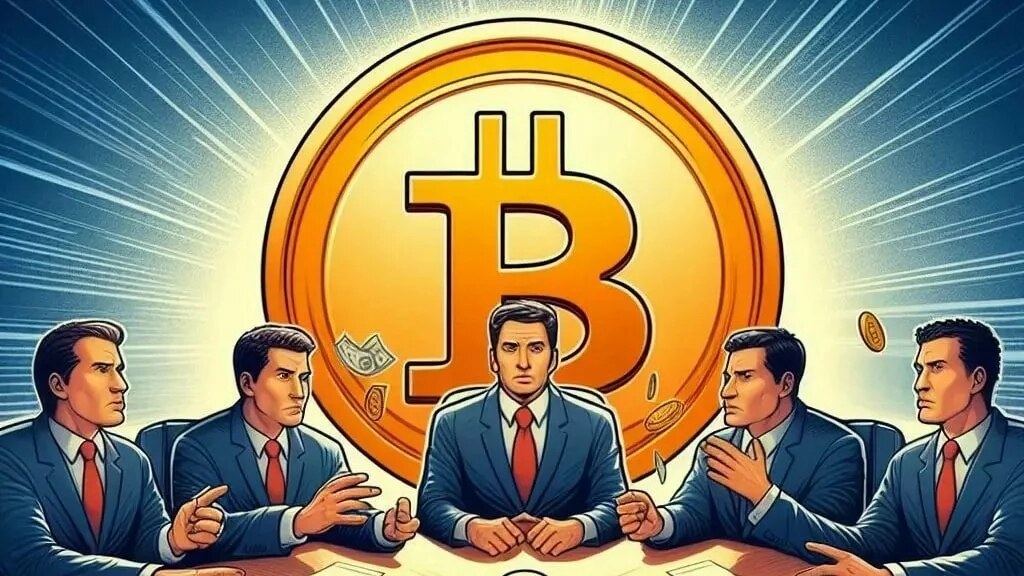Original Title: Reflections on On-Chain Censorship and Fork Debates in Bitcoin
Original Author: Lorenzo (@lorenzonical)
Translation by: Odaily Planet Daily Asher (@Asher 0210_)

The Issue of On-Chain Censorship
A frequently raised question is whether it is necessary to censor or even delete data on the Bitcoin chain, given that the chain has limited capacity and already contains some illegal content.
Ultimately, this is a question of responsibility. Should Satoshi Nakamoto—and later Bitcoin core developers and maintainers—be required to ensure that all data uploaded by users to the blockchain complies with the legal standards of various jurisdictions around the world?
Where Should Responsibility Lie?
In my view, the responsibility of Bitcoin core developers is to continuously optimize the system, allowing the blockchain to better serve its primary purpose—facilitating transactions—while reducing its convenience and applicability as a medium for storing illegal content.
This optimization is already happening and is proving effective. In contrast, preventing illegal data from being displayed and disseminated across different jurisdictions should be the responsibility of blockchain data service providers. This is the missing link that urgently needs to be strengthened.
Why is Immutability Crucial?
From a technical perspective, maintaining the immutability of Bitcoin is reasonable and necessary. The blockchain is understood as a "trust carrier" built on cryptography. This trust derives from mathematics itself, rather than from humans, and it is this characteristic that allows the system to accumulate long-term value.
If the system is subject to human censorship and manipulation, this foundational trust will be structurally undermined.
The Role of Service Providers
Blockchain data service providers cannot ignore the legal and compliance pressures in the real world. They are the ones capable and responsible for deciding which on-chain data users can access through their platforms.
It is unreasonable to shift compliance responsibility onto the blockchain itself, as the blockchain is merely a neutral data carrier and cannot bear legal responsibility. For example, on the internet, countless files containing illegal content objectively exist. If a service provider indiscriminately allows users to access this data, it is effectively promoting the widespread dissemination of illegal content. In this case, the attribution of compliance responsibility is clear and specific.
The Significance for Ordinals
Censorship has always been a clear threat faced by Ordinals on Bitcoin. If one day Bitcoin maintainers take the stance that "Ordinals are junk data and future versions should block them," then Fractal Bitcoin (a forked network based on Bitcoin) could perfectly mirror all inscriptions on the Bitcoin mainnet—requiring only about 1/38 of the additional data volume.
Importantly, providing this potential capability does not conflict with the responsibility to prevent the display or dissemination of illegal content within specific jurisdictions.
免责声明:本文章仅代表作者个人观点,不代表本平台的立场和观点。本文章仅供信息分享,不构成对任何人的任何投资建议。用户与作者之间的任何争议,与本平台无关。如网页中刊载的文章或图片涉及侵权,请提供相关的权利证明和身份证明发送邮件到support@aicoin.com,本平台相关工作人员将会进行核查。




